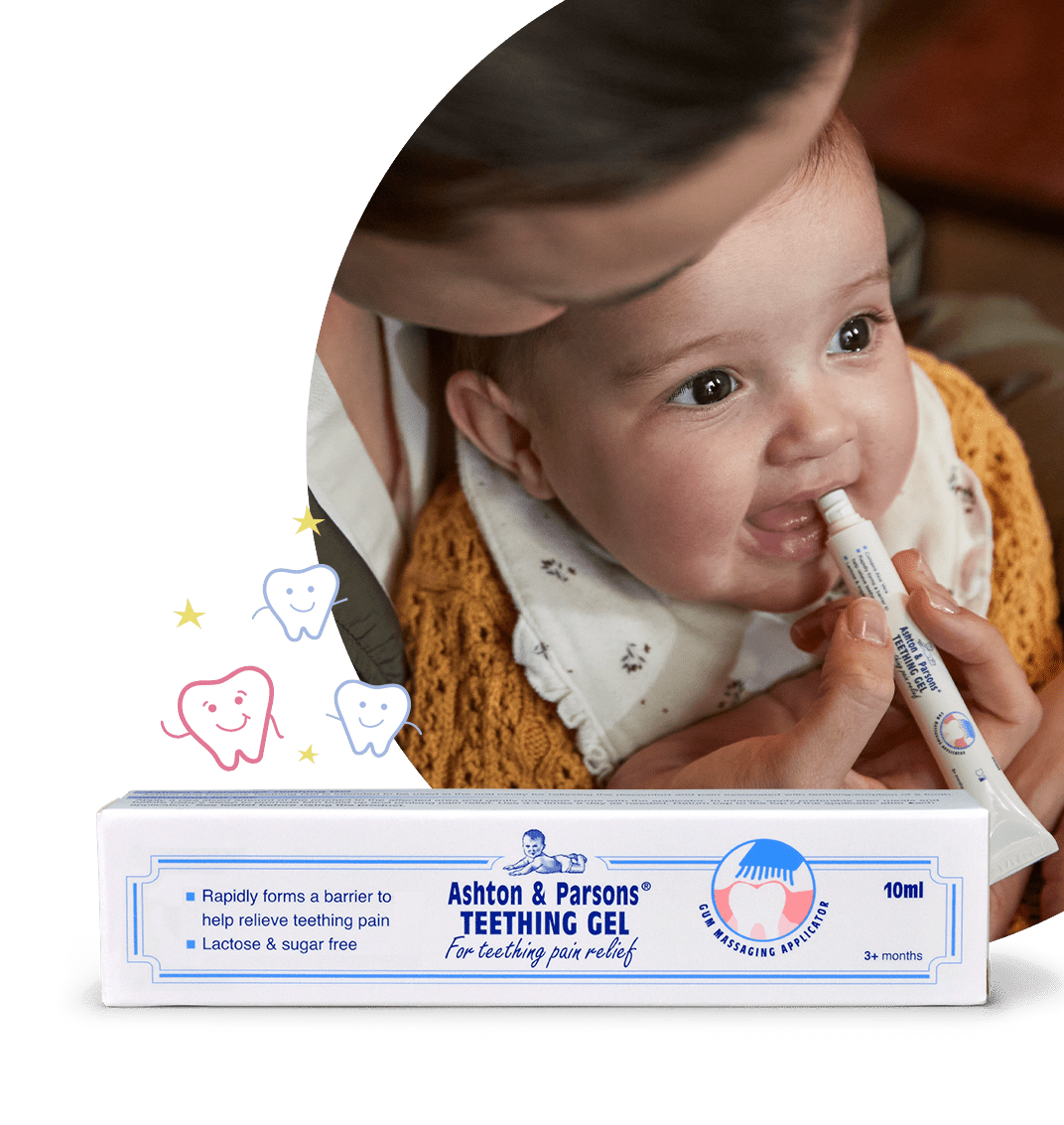Tracey Stone: Is Teething Really Real?
Tracey Stone is a Health Visitor, and able to provide expert guidance on all things teething. Currently a registered practising Health Visitor in the community working with children and their families, Tracey also supports families in the online community with issues related to health and wellbeing. She is a qualified Paediatric Nurse with over 20 years’ experience and a Nurse Prescriber. She has also helped establish a respite service for Children with Special Needs.

Teething is a very topical subject talked about amongst parents or carers with children of the teething age. It is often considered the cause and blamed for many discomforts in a child up until they have their full set of permanent teeth, but is teething really real? Many people are certain that when babies and children’s teething are coming through, there are significant clues. Others believe teething is a normal process like growing nails and hair, suggesting the changes in a child’s behaviour is caused by other things. This debate can cause confusion, perhaps making us question our actions when helping our child with their upset. We all want to do what’s best for our little ones, believing we got it right.
The common signs which give parents an inkling that teething may be starting are well known. Increased biting, dribbling, sucking, gum rubbing, sleep disturbances and irritability, perhaps a decrease in appetite or even a mild temperature can all occur at the time their child’s teeth are on their way. Interestingly, all of these generally mild symptoms associated with a teething child, have never actually been fully proven. There are other feasible explanations related to their physical development that could cause the changes in your little one’s behaviour, which happen at the same time of their expected teething discomfort.
Children’s salivary glands begin to function better at around 2 to 3 months of age explaining the extra drooling and coughing. First teeth appear about the same time your baby loses their maternal antibodies, which would them more vulnerable to infections at this similar age. Babies generally put everything into their mouth as they are learning through sensory play, so have a much more chance of being exposed to bacteria as they move away from the strict sterilisation recommended up to 6 months of age. If they get a mild infection it could be dismissed as teething, but could be the cause of irritability, broken sleep, pain, looser poo or a mild temperature. Tummy troubles including colic, reflux, constipation or skin problems like nappy rash or childhood eczema are common in the early years which could be overlooked as the real cause.
It has been suggested babies and younger children aren’t very good at tolerating pain or discomfort as they don’t understand it and perhaps feel scared or frightened of this new teething sensation. Older kids, however, understand more and can communicate their symptoms better which is why they seem to suffer less as their permanent teeth come through.
Nevertheless, pain and discomfort are real and if your child’s behaviour is telling you they need your help, then help you must. Many parents disagree that teething is a myth and find teething remedies a lifeline, especially with an older child when those bigger chunky two-edged teeth begin their journey. Widely used and traditionally available remedies cannot hurt even if some think they are not necessary. They come with years of recommendations, plus are safe to use if all guidelines are followed.
The safe way to approach teething as a cause of a child’s change in behaviour is only after other causes of their symptoms have been excluded, so nothing else is overlooked. There is no better expert on knowing when your child is off-colour than you, so your parental instincts should never be ignored. If you are ever worried that your child is upset, unwell or you cannot manage the symptoms yourself you can always seek support from your HV or GP or NHS 111 to receive that extra bit of clarification, as they are there to help support you to be sure.
General advice only, Tracey does not endorse the brand.





